In our work with companies to create sustainable and scalable talent acquisition programs for individuals with disabilities, we field questions about accommodations that expose a persistent lack of clarity. Here is a quick FAQ to help answer some of those questions.
How do I know when to provide an accommodation?
- The employee will request an accommodation. Your company should make it known to all employees that they can request accommodations.
How will I know if someone has a disability?
- The employee must tell you.
- Employers must not ask an employee if they have a disability.
- If an employee discloses that they have a disability, do not share that information without their consent.
What is the difference between a reasonable accommodation and unreasonable accommodation?
- These are defined by The Americans with Disabilities Act, Employment Title One
- Reasonable Accommodations - Assistance or changes to a position or workplace that will enable an employee to do his or her job despite having a disability. Employers are required to provide reasonable accommodations to qualified employees with disabilities, unless doing so would pose an undue hardship on the employer.
- Unreasonable Accommodations - Changes that pose undue hardship, e.g. requiring significant difficulty or expense when considered in light of factors such as an employer's size, financial resources, and the nature and structure of its operation. Changes that alter the job function or are health and safety hazards.
Are Accommodations Costly?
- Most accommodations that have a cost associated with them are less than $500
- Many accommodations require no additional financial outlay from the company. For example, written or other visual supports, modified schedules, notes and reminders.
What are some common accommodations?
- Noise canceling headphones
- Assigned seating within an open floor plan
- Attending meetings virtually instead of in person
- Visual supports
What if an accommodation does not work?
- Accommodations can vary and may work for some and not others. First, determine what works best for the employee, then try to create a reasonable accommodation that addresses their specific need.
- Be open to testing accommodations to arrive at one that works.
How do we create a strategy for accommodations if our company does not have one?
- Work with the Human Resources Department to create a strategy.
- Consult the Society of Human Resources Management for support with policy development.
- Work with your manager to create interim accommodations.
- Consult NEXT for AUTISM
Enjoyed this Article? Sign Up for More!

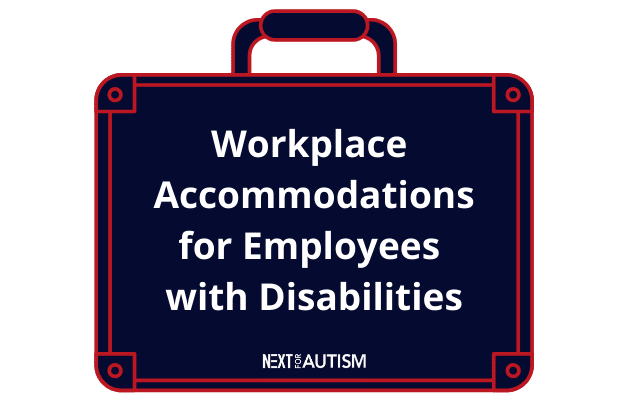
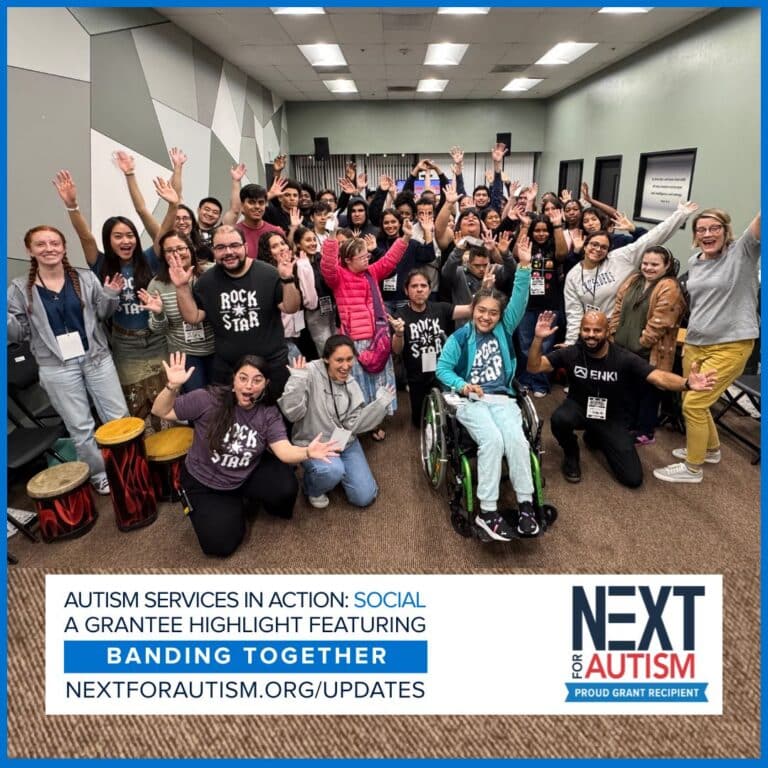
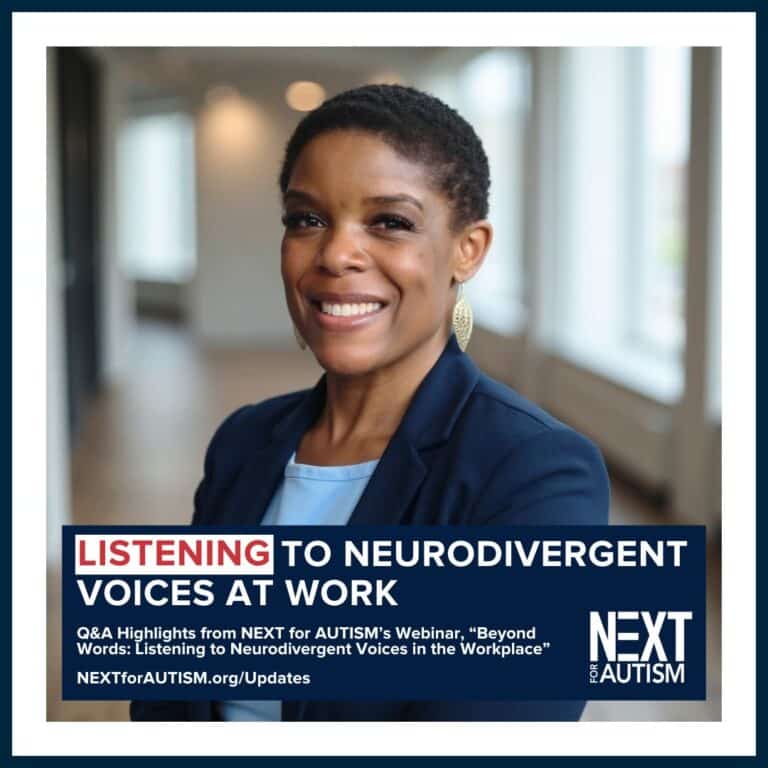
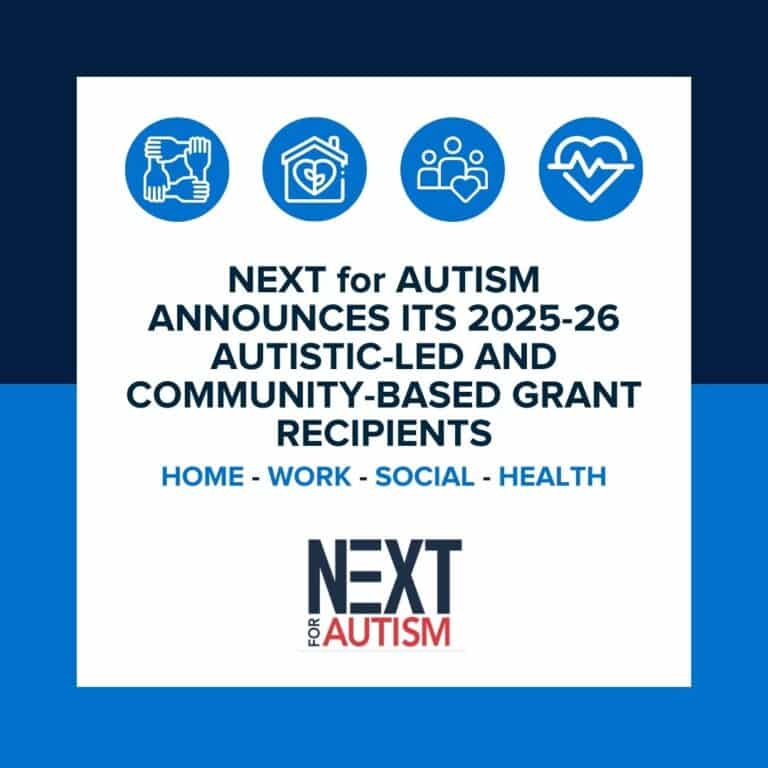


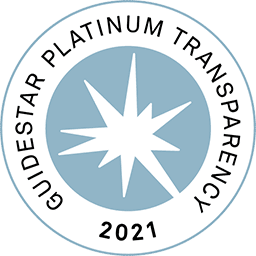
Leave a Reply